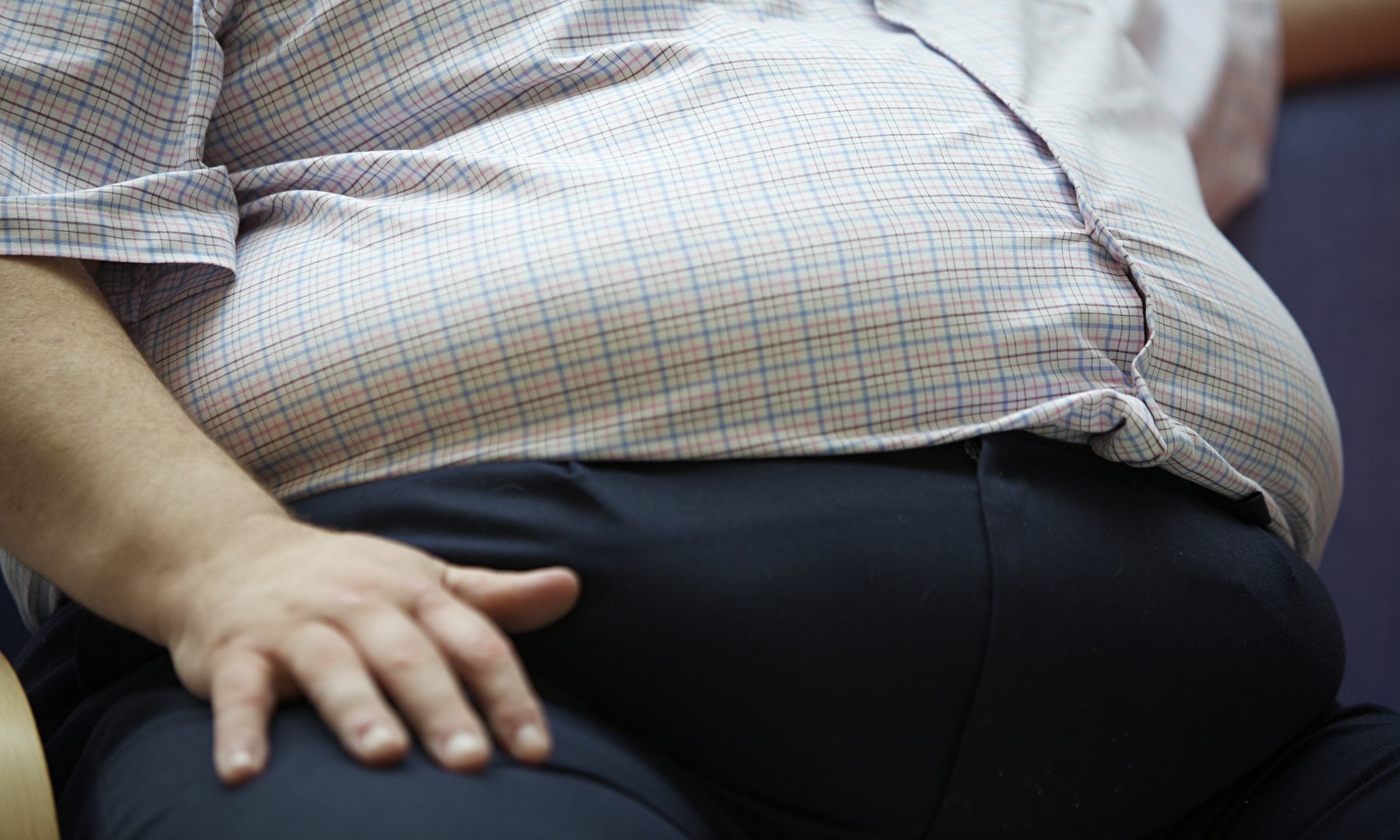Just 7% of American adults have good cardiometabolic health, according to a new study from Tufts.
“Cardiometabolic health” includes five key markers: blood pressure, blood sugar, blood cholesterol, adiposity (being overweight or obese), and the presence or otherwise of cardiovascular disease.

Cardiometabolic health: not looking good for Americans
The researchers used the information of nearly 55,000 people over the age of 20. Their analysis shows that just 6.8 percent of American adults were able to reach optimal levels of health in all five categories in 2018.
What’s more, the study found American health has been in steep decline over the last 20 years.
In 1999, one in three adults had healthy levels for adiposity (i.e. they were a healthy weight and were not overweight or obese). By 2018, that number fell to just one in four Americans.
Three in five people were free of diabetes and prediabetes in 1999, but by 2018 more than six in 10 adults had one of these conditions!
“These numbers are striking. It’s deeply problematic that in the United States, one of the wealthiest nations in the world, fewer than 1 in 15 adults have optimal cardiometabolic health,” says Meghan O’Hearn, a doctoral candidate at the Friedman School of Nutrition Science, in a media release.
“We need a complete overhaul of our healthcare system, food system, and built environment, because this is a crisis for everyone, not just one segment of the population.”
“Disease is not the only problem,” O’Hearn continues.
“We don’t just want to be free of disease. We want to achieve optimal health and well-being.”
The researchers discovered large health gaps between U.S. adults of different genders, ages, ethnic backgrounds, and education levels. The study found that Americans with less education were half as likely to be in peak cardiometabolic health.
While there was a small increase in the number of non-Hispanic White Americans reaching good cardiometabolic health between 1999 and 2018, the study showed that those measures dropped off for Mexican Americans, other Hispanics, non-Hispanic Blacks, and adults of other races.
Children exercising less as a result of the pandemic, shocking new research

Children are exercising less and spending more time sat on the couch than ever before, according to new research out of the University of Bristol, England.
Fewer than 4 in 10 children in the UK were doing sufficient daily exercise at the end of last year. Children aged 10 to 11 were doing 13% less activity than before the first lockdown. Activity dropped particularly at the weekends.
For the study, almost 400 children and their parents from 23 schools in the Bristol area wore an accelerometer to track the intensity of their exercise throughout the day. The participants also completed a questionnaire. The findings were then compared with data gathered about 1,296 children and their parents who were recruited from 50 schools in the same area before the pandemic.
“It was surprising the extent children’s physical activity levels had fallen after the pandemic, indicating that changes in physical activity patterns did not revert to previous levels once freedoms had been restored,” says study senior author Russ Jago, a professor of physical activity and public health, in a statement.
“These findings highlight a greater need to work with children, families, schools, and communities to maximize the opportunities for children to be physically active, as we emerge from the COVID-19 pandemic.”
Click here to read more
“This is really problematic. Social determinants of health such as food and nutrition security, social and community context, economic stability, and structural racism put individuals of different education levels, races, and ethnicities at an increased risk of health issues,” says senior author Dariush Mozaffarian, dean of the Friedman School.
“A large portion of the population is at a critical inflection point,” O’Hearn adds. “Identifying these individuals and addressing their health conditions and lifestyle early is critical to reducing growing healthcare burdens and health inequities.”
“Its impacts on national healthcare spending and the financial health of the entire economy are enormous,” O’Hearn concludes. “And these conditions are largely preventable. We have the public health and clinical interventions and policies to be able to address these problems.”
It’s worth noting that this study used data from a period before the coronavirus pandemic, a time when physical activity fell off significantly, so we should expect the actual figures to be even worse. Here at Herculean Strength we’ve already reported on the terrible effects of the pandemic on health and fitness in a number of different reports.
Don’t hesitate to email us at [email protected] for personalized coaching and a client questionnaire if you’d like DEDICATED tailor-made personal training on strength training, building muscle, losing fat, developing athleticism, and more — all to your liking, lifestyle, habits, and taste!
Otherwise, don’t forget to claim your FREE eBook detailing how to lose 20lb of fat while building muscle in 12 weeks! You can claim it here.
Alternatively, you can pick up a FREE eBook on fundamental strength principles offering an introductory workout program.











